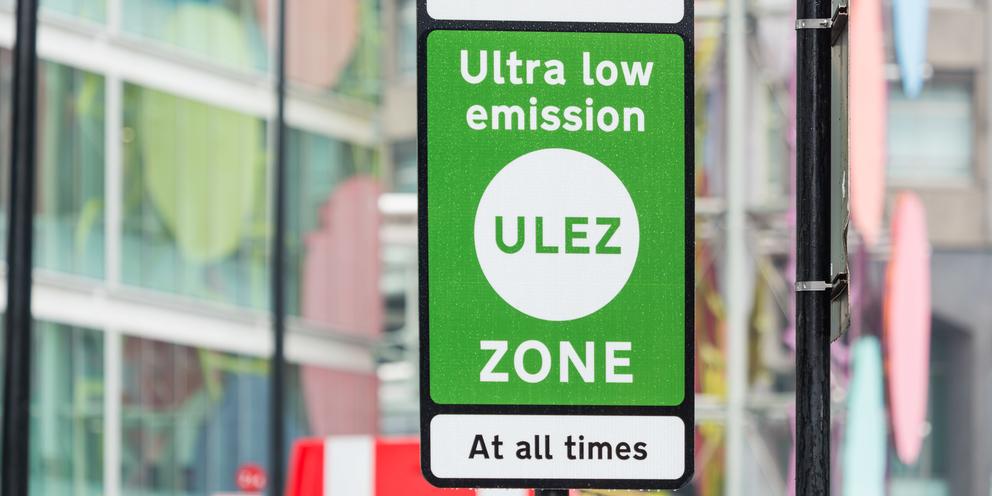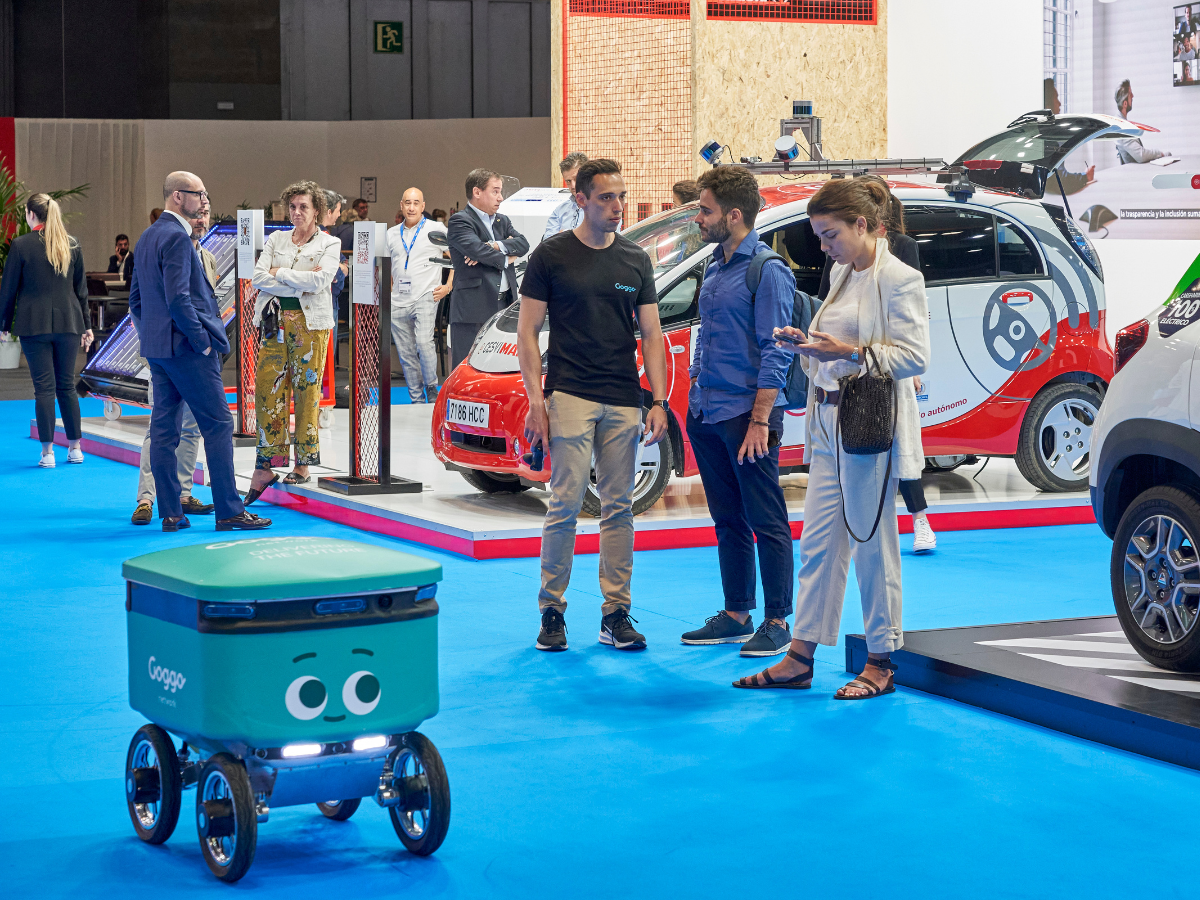Delayed Ban on Combustion Engine Cars in the UK: The Negative Effects and the Push for Shared Commuting
In the fight against climate change, governments worldwide have been implementing policies to reduce carbon emissions and promote sustainable transportation. In the United Kingdom, one such initiative was the plan to ban the sale of new cars with combustion engines by 2030.

However, this ambitious goal has been pushed back to 2035, raising concerns about the negative effects of this decision. In this blog, we’ll explore why this delay is concerning and why we should encourage shared commuting as a compelling alternative. We’ll also emphasise the vital role organisations play in providing greener ways for their employees to get to work.
The Negative Effects of Delaying the Ban on Combustion Engine Cars
Environmental Impact:
Delaying the combustion engine ban means allowing more traditional fossil fuel-powered vehicles on the road for an additional five years. This prolongs the release of harmful emissions, exacerbating air pollution and contributing to climate change. It also stalls progress toward achieving carbon reduction targets.
Health Implications:
Air pollution resulting from combustion engine vehicles has serious health consequences. Prolonging their use puts public health at risk, with increased cases of respiratory illnesses, heart diseases, and other pollution-related health issues. Protecting public health should be a top priority.
Missed Economic Opportunities:
A rapid transition to electric vehicles (EVs) would have stimulated growth in the green technology sector, creating jobs and fostering innovation. Delaying the ban may hinder the UK’s ability to lead in this emerging industry and miss out on economic opportunities.
Encouraging Shared Commuting as an Alternative
Shared commuting is a practical and eco-friendly alternative to personal vehicle use. Here’s why we should promote it:
Reduced Congestion:
Shared commuting decreases the number of vehicles on the road, reducing traffic congestion and travel time. This improves overall road safety and reduces stress for commuters.
Lower Emissions:
Shared transportation options, such as shuttle buses, carpools and public transit, are typically more energy-efficient and produce fewer emissions per passenger mile compared to private cars.
Cost Savings:
Commuting costs can be a significant burden on individuals. Sharing rides or using public transportation can lead to substantial cost savings for commuters, making it a financially attractive option.
Reduced Parking Demand:
Shared commuting reduces the need for extensive parking infrastructure in urban areas, allowing for more efficient land use and less urban sprawl.
The Role of Organisations in Promoting Greener Commuting
Organisations can play a crucial role in encouraging employees to adopt greener commuting habits:
Offer Commuter Benefits:
Employers can provide incentives such as subsidised shuttle buses, carpool matching services, or bike-sharing programs. These benefits can make greener commuting options more accessible and affordable for employees.
Promote Active Transportation:
Encourage employees to walk or bike to work by providing amenities like secure bike storage, showers, and changing facilities. Promoting active transportation not only reduces emissions but also promotes a healthier workforce.
Conclusion
The decision to delay the ban on combustion engine cars in the UK until 2035 comes with negative environmental, health, and economic consequences. To counteract these effects, we must actively promote shared commuting as an attractive alternative. Additionally, organisations have a vital role in supporting greener commuting options for their employees. By collectively working toward sustainable transportation solutions, we can make progress in reducing carbon emissions and mitigating the impacts of climate change while fostering healthier, more efficient communities. Reach out to find out more about WeMove’s commuting solutions.
This article was originally published by WeMove.





